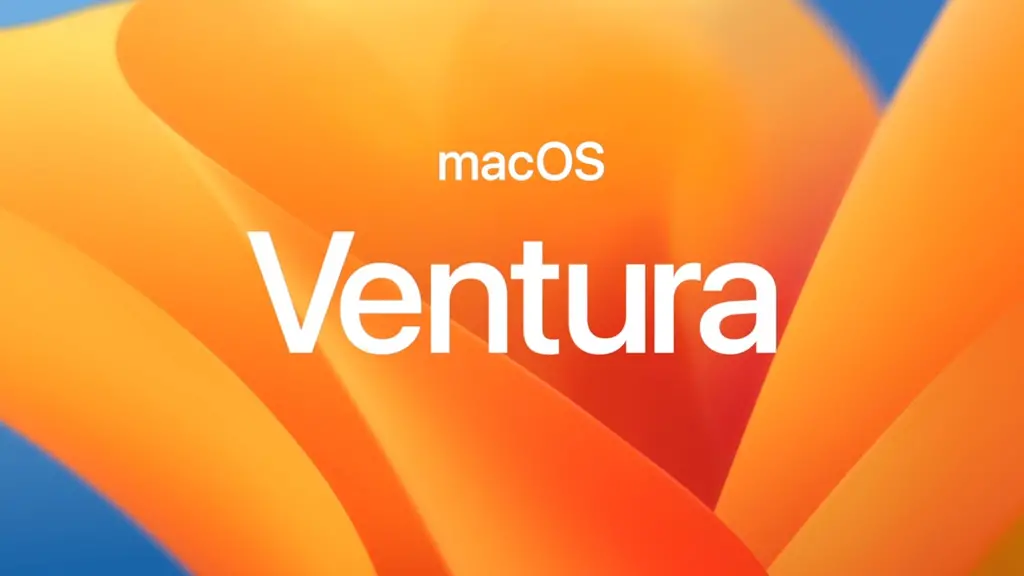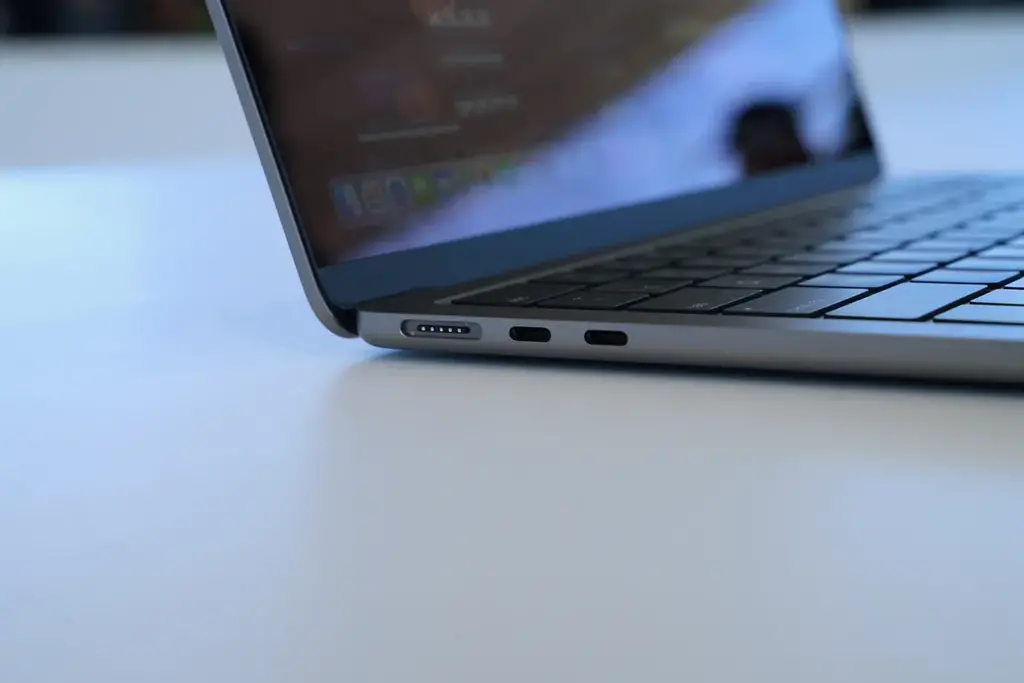With the rapid development of USB function, many people will hesitate whether their devices will be stolen data when using public charging facilities The good news is that in order to address this concern, Apple has introduced an improvement in the first beta version of MacOS 13 Ventura Specifically, before using usb-c or lightning accessories to establish communication on M1 / m2 MacBook, the system will explicitly ask the user for permission.

Apple in release notes It says:
Usb-c / thunderbolt [Accessory] on a portable Mac computer with apple silicon( https://microsoft.pvxt.net/Xx07X ) The user's approval will be obtained before the communication with MacOS can be realized.
However, it should be noted that this policy does not affect M1 / m2 macbook Connection to a usb-c power adapter, external display, or authorized hub.
Even if you choose not to allow data transmission, the device can still accept charging normally.
If necessary, apple silicon MacBook users can change the default security configuration under the "system settings → security and privacy → security" tab.
The default setting is always ask, and approved devices can be connected to a locked MAC for up to three days. If the peripheral is trusted, users who are afraid of trouble can also set to allow attachment connection.

Although it sounds just to block suspicious USB peripherals, we have heard some cases of MAC damage in recent years (USB killer, a "big killer", is so immoral that it smokes).
Fortunately, with the introduction of a new peripheral connection licensing policy in MacOS 13 Ventura, apple silicon MacBook users will be able to use it more confidently, and apple has not launched a new authentication (money pit) project.
In fact, compared with the "usb-c authentication project" proposed by usb-if in 2019, Apple's solution is much easier and wiser - because the former needs to provide encryption certificates for each USB device to verify its identity and confirm its ability.